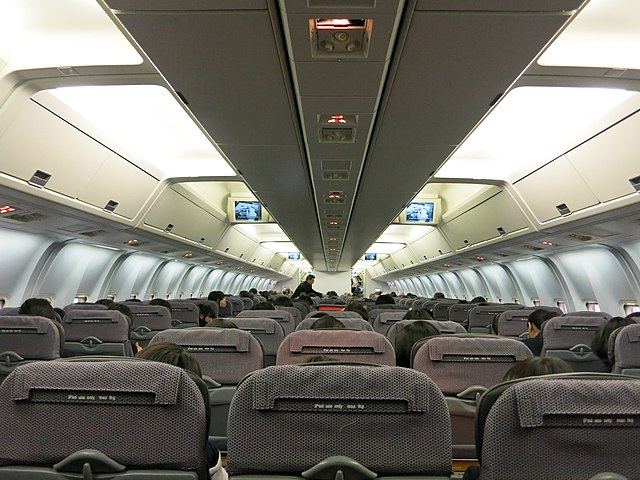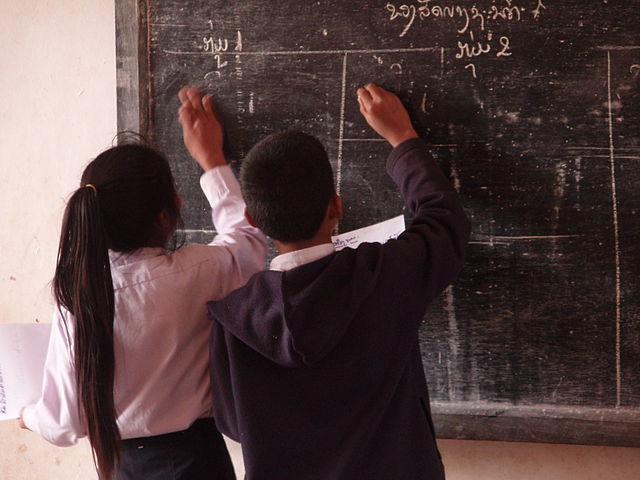Okay, so you've been on your job interview (tips here for preparing for that), and now you have an offer. Yay! It's time to negotiate. Oh...
If you're like me, you've been told over and over that we should negotiate, but not how to negotiate, or what to ask for.
So, I asked twitter for advice on what to request in negotiations and startup packages. The #startupwishlist tweets were Storified here, and summarized below. In addition, the book, At the Helm: Leading Your Laboratory was recommended for new PIs, which also has a chapter on job applications.
was recommended for new PIs, which also has a chapter on job applications.
NOTE: Keep in mind that many of these suggestions come from people at research-heavy institutions. Resources will differ from institution to institution, and especially between institutions with different missions. You will need to prioritize what you need to be successful, and balance that with the resources/facilities of the institution. That said, at least this list can give you some ideas of things that are negotiable.
 |
| Be informed when negotiating salary. "Day in the Life: Lunch Money" by marya via Wikimedia Commons |
- Confirm whether 9-month or 12-month appointment.
- Ask for summer salary for 2-3 years.
- X years of guaranteed salary, and any salary that is covered by outside grants to convert to unrestricted funds.
- When is the start date? Can you start early, or push it back?
- 10% increase in salary, unless you have better information from inside the department (Can check the web for salaries for public institutions. University library reference might also have this info).
 |
| Make sure you have the equipment you need to succeed. |
- Confirm availability of any major equipment and space modifications you need.
- Ask whether space renovations are included in or separate from startup budget.
- Negotiate access to equipment that is shared, or in another person's labspace.
- Negotiate ongoing service contracts for equipment, and non-expiration of these accounts.
- Computational resources - desktops/laptops, node buy-in, annual HPC fees
- Software
- Sofa, table, chairs, coffee maker, fridge
 |
| Experiments are run by people. |
- Ask about University rates for overhead for students/postdocs/techs/staff.
- $$ for 2 graduate students
- Access to administrative staff for grants
- Does the department have a regular source of TAships for students?
- $$ for postdocs
- $$ for tech/lab manager
 |
| Time limits on spending startup? |
- Know if there are time limits for spending the money (also if $$ able to roll-over).
- Request some startup to go to an unrestricted account (versus only to personnel or equipment).
- Is the startup a lump sum or a set amount each year?
- What restrictions are there on Startup spending, and are there reporting requirements?
- Flexibility for how to spend, versus what was requested.
- Ask for 2-5 years to spend start-up
 |
| You need to travel to share your results and network. Photo by Douglas Paul Perkins, via Wikimedia Commons |
- $$ for travel for you and lab members for first 2-3 years.
- An annual professional allowance each year (for conference travel, journals, professional membership).
 |
| How many new courses will you need to develop in the first 5 years? |
Teaching/Service
- Protected time (preferably >1year), including teaching reduction and protection from service - get it in writing.
- Ask for written out %FTE expected of teaching vs research.
- Ask what %FTE is covered by department versus needing to get grants to fund yourself (mostly for medical schools).
- Can time off teaching be held and used after the first year?
- What courses you will teach over the first 4-5 years.
.jpg/640px-Almost_done_(9046914035).jpg) |
| "Almost done" by Lisa Risager via Wikimedia Commons |
- Extension the deadline for you to make your decision.
- A parking lot near your building
- Housing/relocation allowance (sometimes you can request a month's extra salary if moving expenses aren't explicitly covered).
- Slot in the University affiliated daycare/preschool
- A semester of teaching/service relief for parental leave/dependent care
In summary:
What is negotiable? Everything.